Center Services
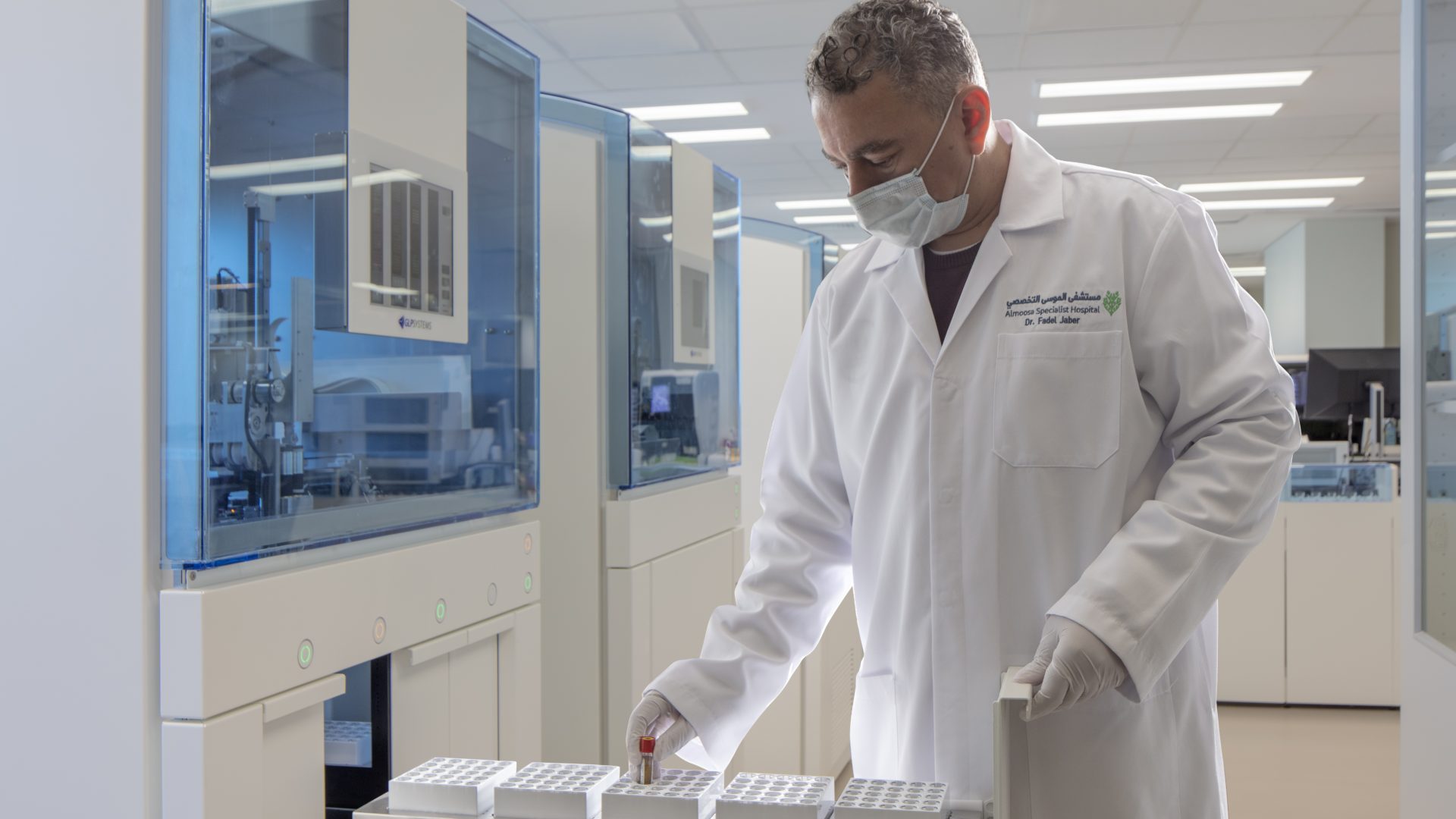
Fertility Center
We firmly believe that the dream of parenthood is the very first wish of every couple from the earliest moments of life. That is why we are devoted to sharing this joyful journey of hope at the best fertility center in Al-Ahsa and the Kingdom of Saudi Arabia — a place that has brought smiles to thousands of faces through a team of the most skilled doctors and specialists, while ensuring complete family privacy throughout the treatment journey.
What Makes Almoosa Hospital Fertility Center Unique?
- The fertility clinic provides all consultations for couples through thorough evaluation of infertility causes.
- Accurate diagnosis is carried out through examinations and tests that reveal the reason behind infertility.
- Our infertility treatment plans in Al-Ahsa include ovulation induction for the mother through protocols involving ovulation monitoring and response to fertility medications.
- We perform intrauterine insemination (IUI) as part of infertility treatment, and we have a dedicated IVF and ICSI center operating under the supervision of highly qualified medical teams.
- Our IVF center provides a medical environment that matches international standards, including laboratories equipped with the latest technologies, and we have achieved very high success rates in recent years.
- We offer the best infertility treatment program in Al-Ahsa, including minor surgeries, medications, and assisted reproductive technologies as recommended by our doctors.
- With a constant focus on spreading hope and smiles, we established an embryo freezing center in Al-Ahsa under Almoosa Specialty Hospital, offering egg and embryo cryopreservation services to give couples flexible future options.
Contact us at the best fertility center in the Kingdom. We provide you with long-standing expertise in fertility and infertility treatment, modern technologies, and comprehensive medical care while ensuring your privacy. Don’t hesitate — we are waiting to share your dream with you.
Services Provided by the Center:
The Fertility Center offers a comprehensive evaluation and treatment plan tailored to the needs of each couple. The program consists of the following services:
- Full-time Fertility Clinic.
- Detailed assessments and examinations for couples, including:
- Hormonal tests such as ovarian reserve hormone, prolactin, thyroid-stimulating hormone (TSH), and ovulation-stimulating hormones.
- Ultrasound (Sonar).
- Hysterosalpingography (HSG).
- Semen analysis.
- Hormonal analysis.
- Sonar imaging.
In cases where no sperm is found in the semen, the urologist can retrieve sperm from the testicles or epididymis and freeze it for use in a later intracytoplasmic sperm injection (ICSI) procedure.
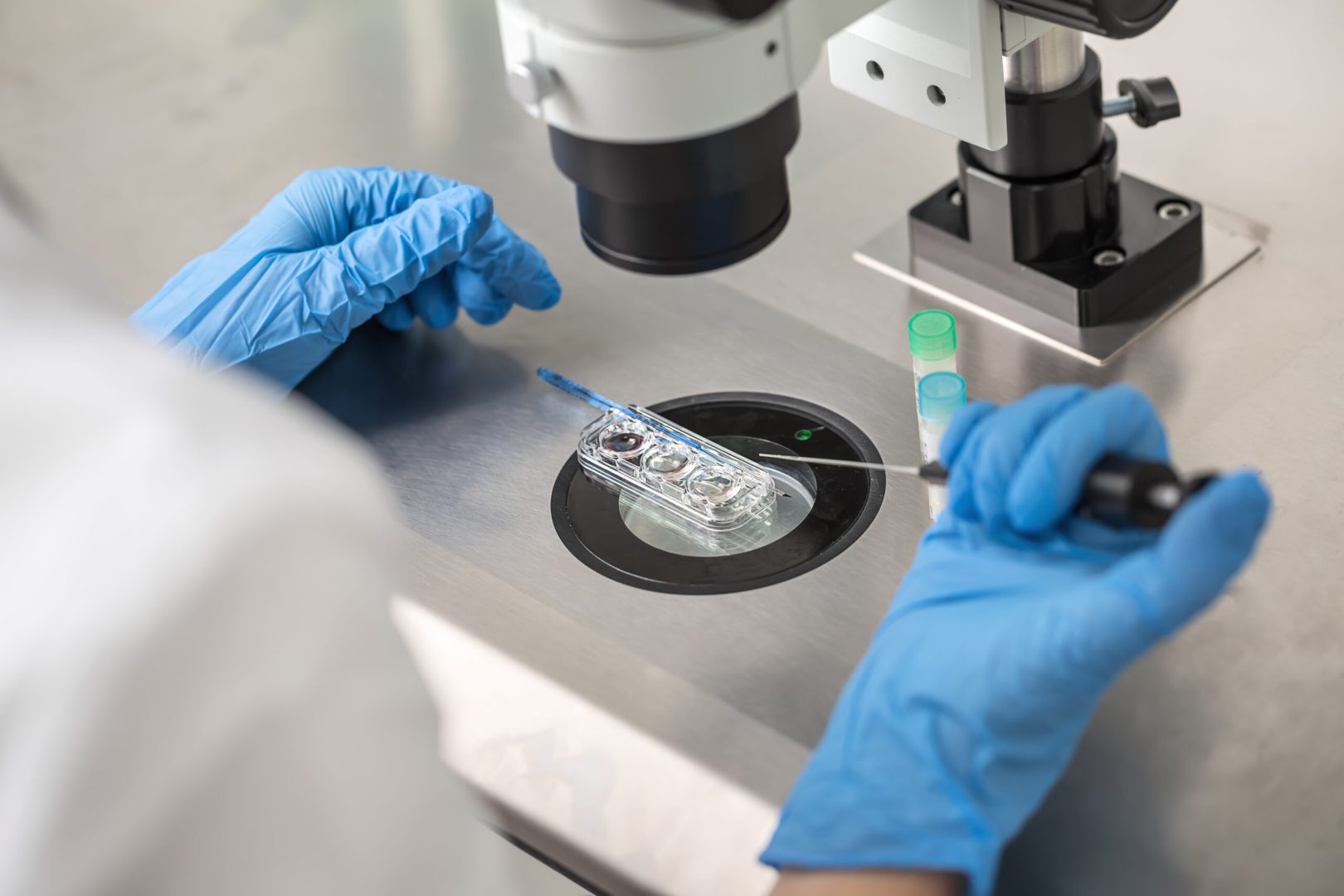
Intrauterine insemination (IUI) is one of the treatments for infertility and subfertility. It involves placing sperm directly inside the uterus to increase the number of sperm that reach the fallopian tubes, thereby improving the chances of fertilization.
When is IUI performed?
The most common reasons for performing intrauterine insemination include a low sperm count, weak ovulation, unexplained infertility, and male sexual dysfunction.
What are the steps of the IUI procedure?
Before IUI, the doctor may prescribe ovulation-stimulating medications. In this case, close monitoring with ultrasound scans and blood tests will be done to determine the time of egg maturation. The IUI procedure is then performed close to the time of ovulation.
A semen sample is prepared in the IVF laboratory. A catheter is then used to place the sperm directly into the uterus. This process increases the number of sperm entering the uterus, thereby enhancing the chances of pregnancy.
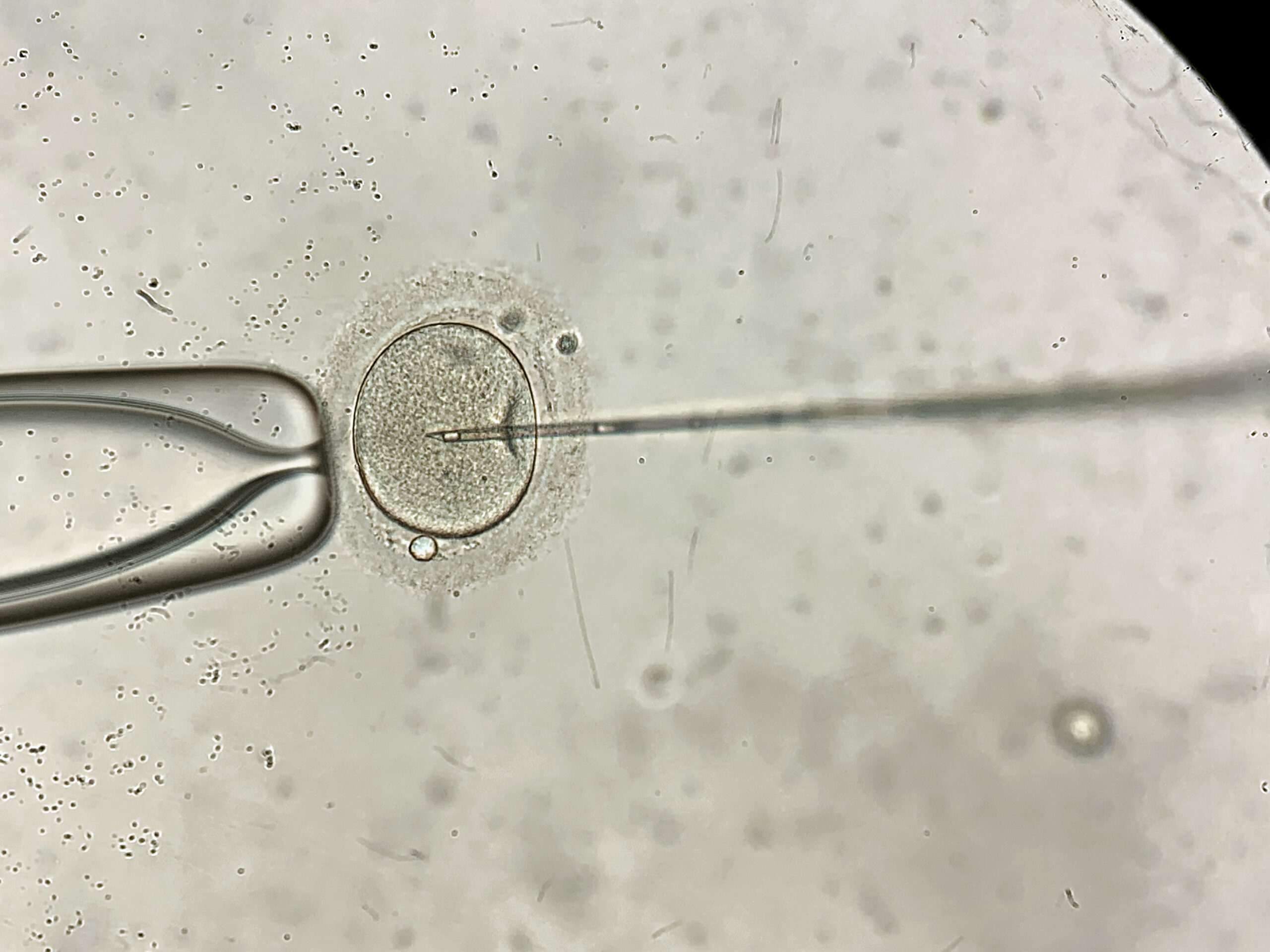
In Vitro Fertilization (IVF) and Intracytoplasmic Sperm Injection (ICSI)
These are treatments designed to help individuals who are experiencing infertility issues.
Who needs in vitro fertilization (IVF and ICSI)?
IVF is recommended when a woman has ovulation problems, blocked fallopian tubes, an abnormal semen analysis from the husband, or in cases of unexplained infertility.
Once your menstrual cycle begins, you should contact the hospital to schedule an appointment with a reproductive medicine consultant.
What is the IVF (in vitro fertilization and ICSI) procedure?
The first step in IVF is taking hormonal medications for several days to help the ovaries produce multiple mature eggs. This is called ovulation induction. You may be required to undergo ultrasounds and blood tests regularly to measure hormone levels and track egg development.
Once the ovaries produce enough mature eggs, your doctor will retrieve the eggs from the ovaries in a procedure called egg retrieval.
In the laboratory, the eggs are mixed with sperm — this is called fertilization. The eggs and sperm are kept together in a special container where fertilization occurs. For sperm with low motility, they can be injected directly into the eggs to enhance fertilization. As the fertilized eggs divide and develop into embryos, laboratory specialists monitor their growth daily.
After about 2–5 days, one or more embryos are placed into the uterus (a process called embryo transfer).
Once the embryo is transferred to your uterus, you will need to wait 18 days after egg retrieval before taking a pregnancy test.
Embryo freezing is a method of preserving surplus embryos after completing an IVF cycle. This is done in the laboratory using specialized freezing equipment, and the embryos can then be safely stored for a long period of time.
Who needs embryo freezing?
Some couples obtain high-quality embryos after IVF or ICSI treatment, and these embryos can be frozen and stored for future transfer.
What does a frozen embryo transfer cycle involve?
Frozen embryo transfer cycles are relatively simple, either through the woman’s natural cycle or a hormonally controlled cycle. The process is monitored with ultrasound to assess the development of the endometrial lining and determine the appropriate timing for embryo transfer. This approach provides a high chance of achieving pregnancy.
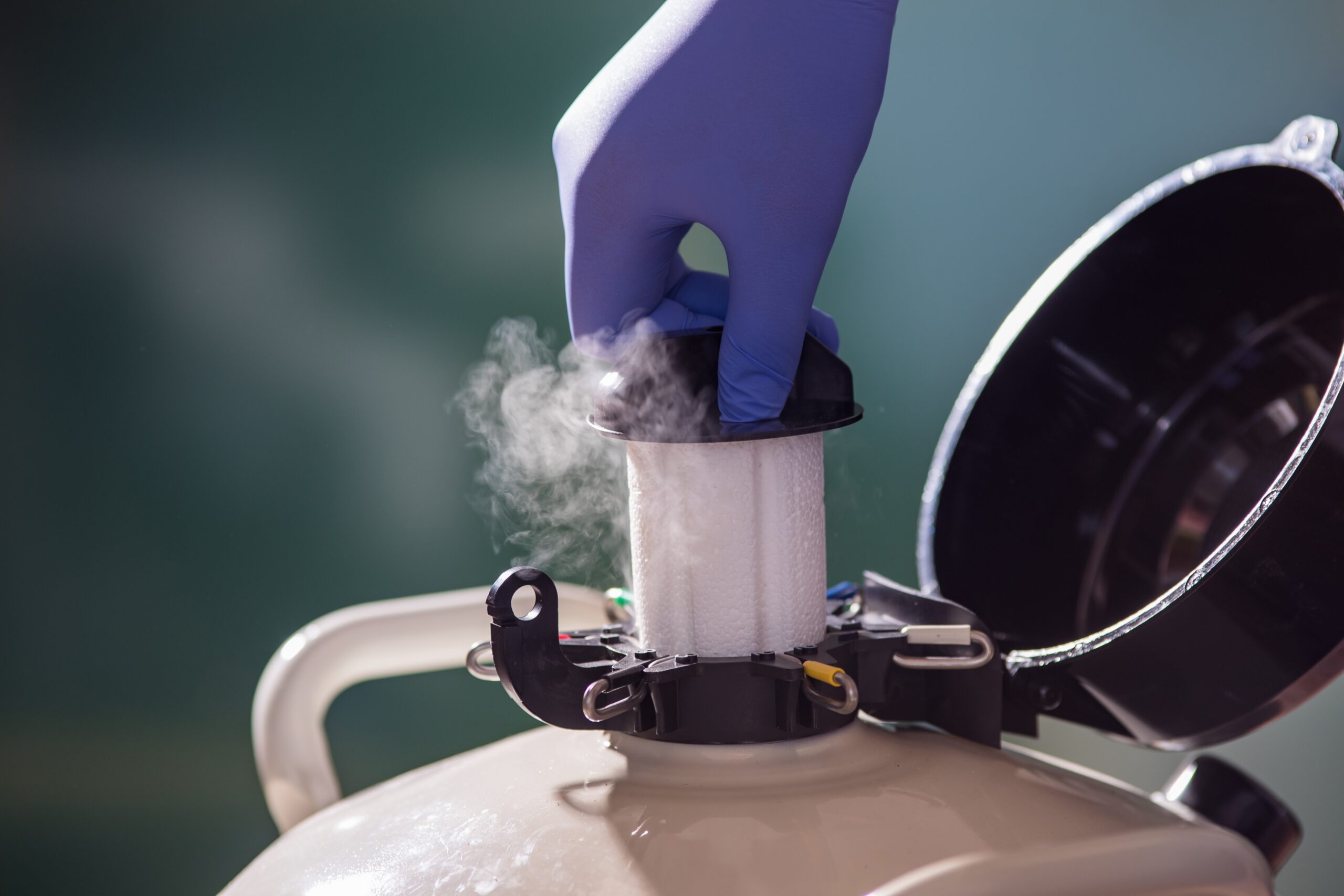
Preimplantation Genetic Diagnosis (PGD)
Preimplantation genetic diagnosis (PGD) is performed before embryo transfer for individuals who carry a serious genetic disease, in order to prevent passing it on to their children.
What is preimplantation genetic diagnosis (PGD)?
It is a procedure that involves taking a biopsy from the embryos and examining their genes or chromosomes for a specific genetic condition.
Because the embryos need to be tested in the laboratory, you will need to undergo IVF even if you and your partner do not have fertility problems.
Only embryos that have been tested and found to be free from genetic abnormalities will be transferred into your uterus.
Contact the hospital to schedule an appointment. If you have any questions about Almoosa Fertility Center, please call 920022920 to speak with our coordinators.
We are happy to answer your questions and explain every step of the process.
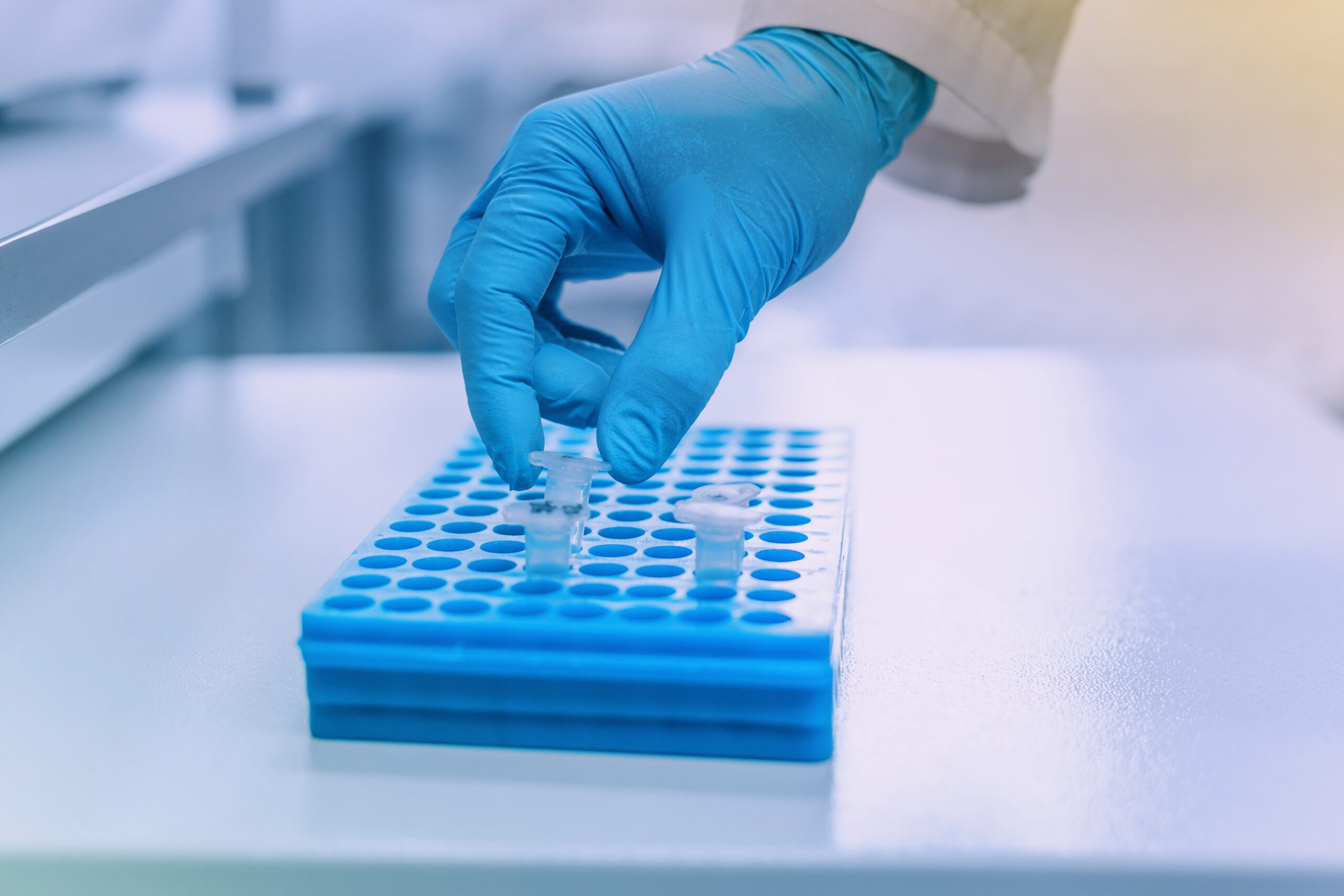
Ovulation Induction
What is ovulation induction?
It is a fertility treatment that involves taking medication to stimulate ovulation by encouraging the growth and release of eggs from the ovaries, thereby increasing the chance of pregnancy through timed intercourse.
Who needs ovulation induction?
It is most suitable for women who have ovulation problems but have healthy fallopian tubes, and whose partner has normal semen analysis results.
How is ovulation induction performed?
The ovaries are stimulated with medication to promote egg development.
Your cycle is monitored through ultrasound scans to check the number and size of developing eggs.
- Near the time of ovulation, the consultant advises on the best day for intercourse to maximize your chances of pregnancy.
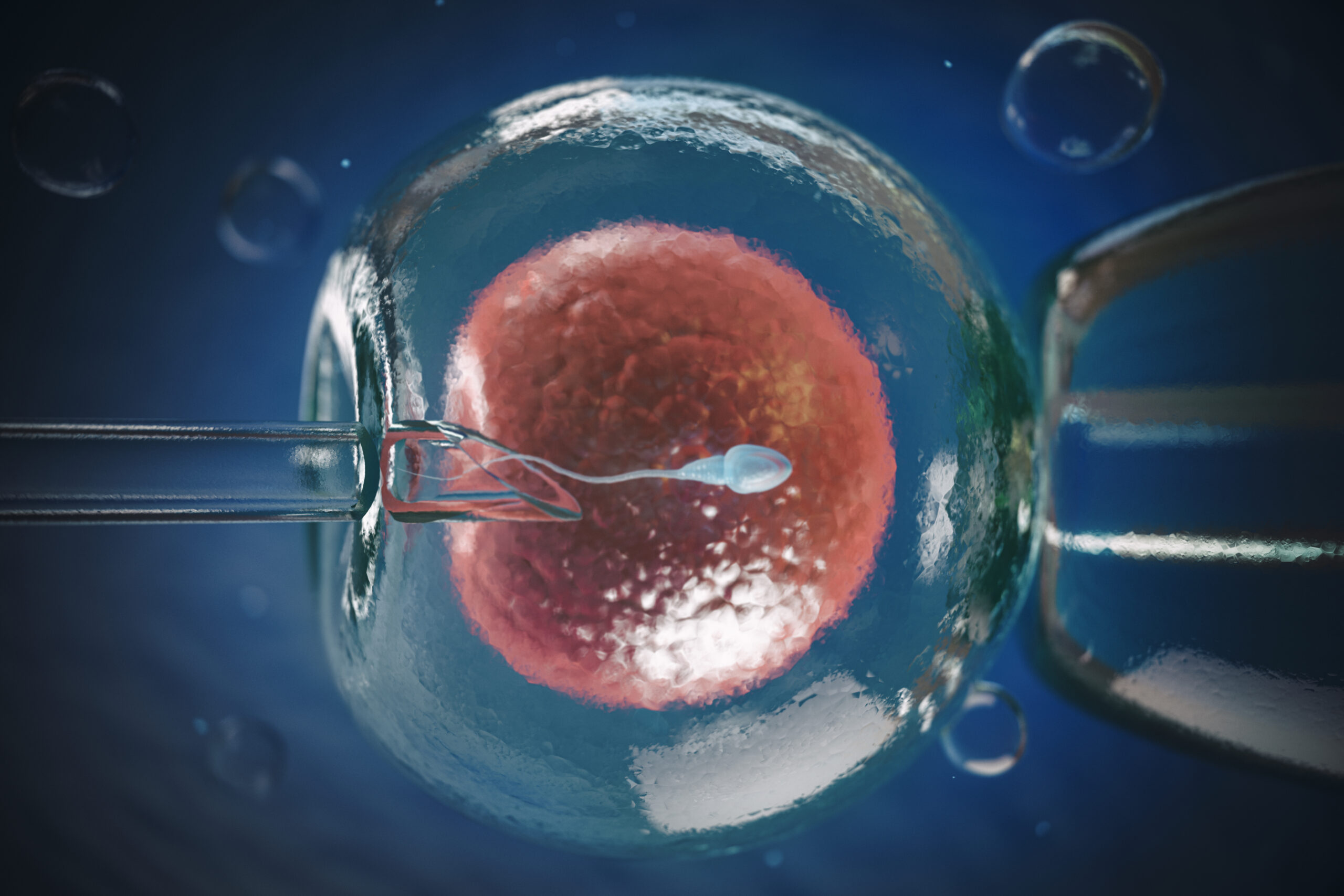
Why Choose Almoosa Fertility Center?
- Availability of all procedures related to assisting couples in achieving pregnancy.
- A high level of privacy and confidentiality in patient care.
We provide comprehensive diagnostic tests including:
- Complete hormonal profile.
- Pelvic ultrasound examination.
- Hysterosalpingography (HSG).
- Office hysteroscopy.
- Detailed semen analysis.
- Mapping of testicular and epididymal sperm aspiration.
We offer a wide range of treatments, including:
- Ovulation induction with intrauterine insemination (IUI).
- Intracytoplasmic sperm injection (ICSI) (egg retrieval + embryo transfer).
- Assisted hatching.
- Preimplantation genetic testing for 24 chromosomes using NGS (including MITOSCORE).
- Gender selection and chromosome screening (21, 18, 13, X, Y) using NGS.
- Percutaneous epididymal sperm aspiration (PESA), testicular sperm aspiration (TESA), and their use in ICSI.
We also provide the following services:
- Egg freezing
- Sperm freezing
- Embryo freezing
